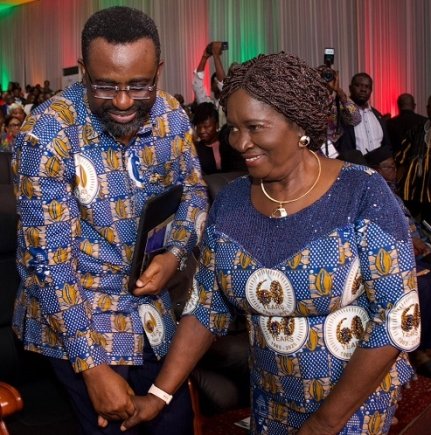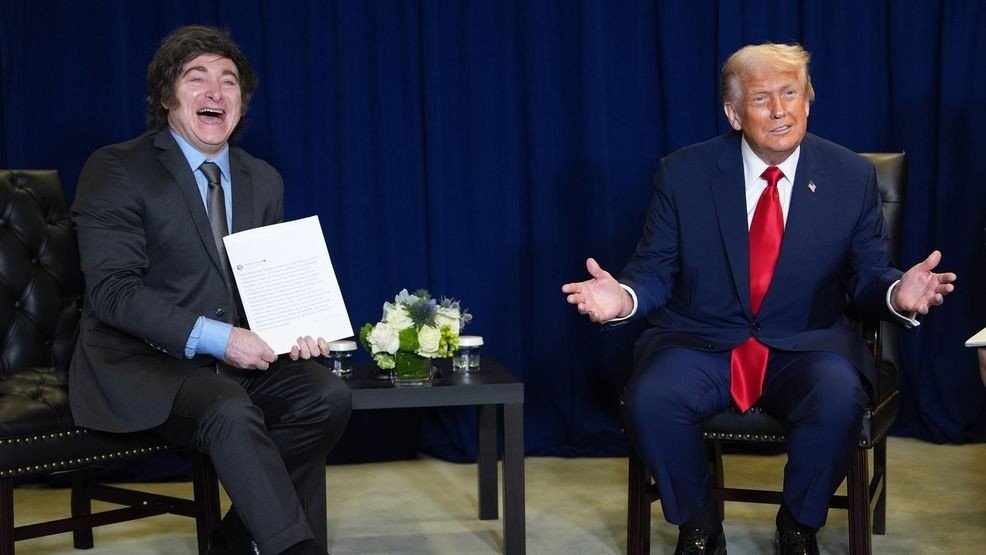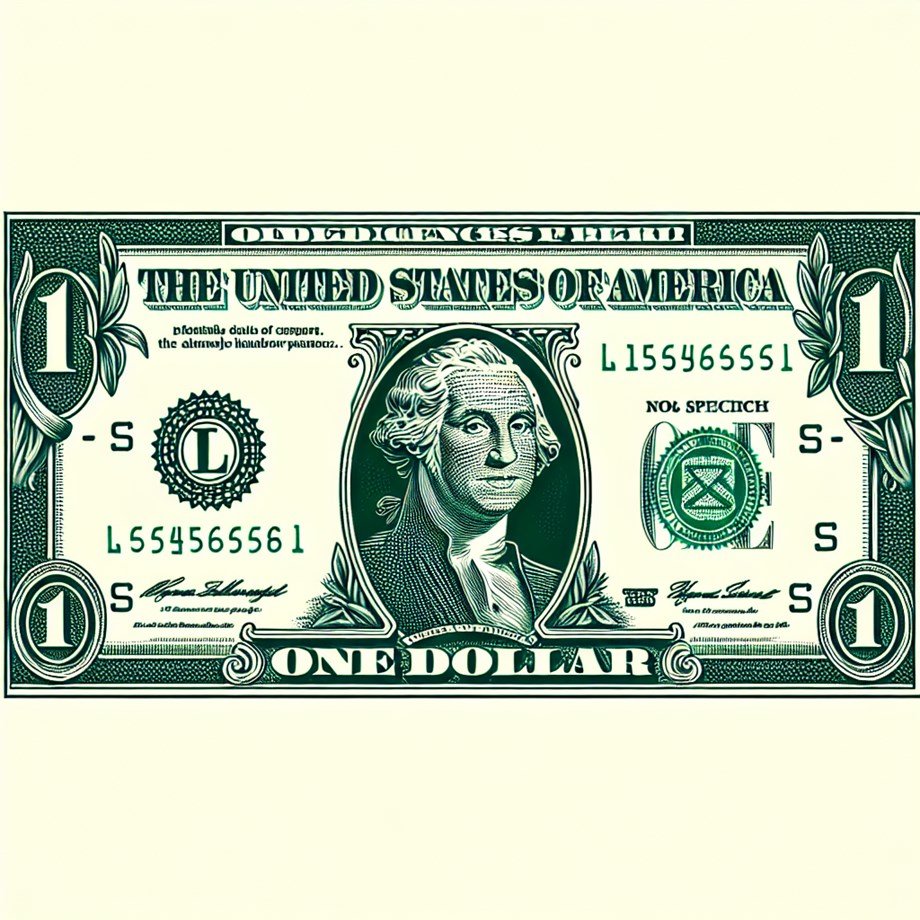The all-time intrinsic value of Ghana’s currency, the Cedi, was unearthed yesterday when the crème de la crème of the country gathered in Accra to mark its 60th birthday, a celebration that rebirthed the symbol of sovereignty, stability, economic resilience and a prosperous future.
The cedi, which has served the nation as the foremost medium of exchange and store of value, has transcended economic stability, crisis and consolidation, and rubbed shoulders with other great currencies across the world.
“According to Bloomberg, Ghana’s cedi ranked the worst performing currency in the world in 2022, became in 2025 the best performing currency in the world,” the Vice-President, Professor Naana Jane Opoku-Agyemang, said when she launched the 60th anniversary in Accra yesterday.
She added: The cedi has since borne witness to our achievements and also our problems.
Indeed, our currency is a social contract that reflects our confidence in our institutions and economy.”
Context
In July 1965, the cedi officially replaced the Ghanaian pound, pence and shillings.
This marked the fulfilment of Dr Kwame Nkrumah’s bold vision to liberate Ghana’s economy from colonial monetary structures.
The name cedi was derived from the cowrie shell, which for centuries served as a trusted medium of exchange.
Through this change, Ghana affirmed that its history did not begin with colonisation, and that true independence and sovereignty was in the nation’s ability to define value and conduct trade on its own terms.
Anniversary launch
The launch ushers in over 12 months of nationwide and inclusive activities to mark the anniversary.
They will include currency exhibitions that trace Ghana’s monetary journey — from pounds to pesewas, and from coins to QR codes.
Public lectures and school outreach tours will be organised to engage students, professionals and communities on the importance of monetary sovereignty and national pride.
There will also be diaspora engagements to highlight the impact of remittances and international confidence in strengthening the cedi, alongside special publications and legacy projects designed to ensure this milestone leaves a lasting educational impact.
The anniversary launch attracted many stakeholders and patrons, including traditional rulers and their delegations, religious leaders, government officials, development partners, bankers, businesses, and traders who joined staff of the central bank to celebrate the local currency.
The event, which also served as the platform to unveil the 60th anniversary logo, was held amid cheers and applause from the audience, to the energetic choreographies and cultural performances, goodwill messages, a documentary on the evolution of the cedi, and the Cedi@60 signature song performed by the Bank of Ghana mass choir.
It was on the theme; “60 Years of the cedi: A symbol of sovereignty, stability and economic resilience”.
Notable personalities who graced the occasion included the Speaker of Parliament, Alban Sumana Kingsford Bagbin, his two deputies; the Minister of Finance, Dr Cassiel Ato Forson; a Deputy Chief of Staff, Nana Oye Bampoe Addo; the Governor of the Bank of Ghana (BoG), Dr Johnson Pandit Asiama; Deputy Governors, Dr Zakari Mumuni and Matilda Asante-Asiedu; Ghanaian business executive, Sir Dr Sam Jonah, former Governor and Minister of Finance, Dr Kwabena Duffuor, as well as Dr Kofi Wampah and Dr Abdul-Nashiru Issahaku, both Governors.
Others included the President of the National House of Chiefs and Paramount Chief of Sefwi Anwiaso, Ogyeahohoo Yaw Gyebi II, the Ga Mantse, King Tackie Teiko Tsuru II; the Agbogbomefia of the Asogli State, Togbe Afede XIV; the Overlord of Dagbon, Ya-Na Abukari II; the Yagbonwura, Bii -Kunuto Jewu Soale I; the Chief Imam, Osmanu Nuhu Sharubutu; the General Overseer of the Action Chapel International, Archbishop Nicholas Duncan-Williams; Council of State Members, former directors and staff of the BoG, members of the Monetary Policy Committee, statesmen and women.
Currency’s integrity
The Vice-President said there was the need to safeguard the integrity of the national currency through the sustainability of public trust in the cedi.
“We are also aware that the trust in the cedi will not sustain itself. Confidence must be maintained through sound decisions, transparent actions, and accountable policies,” she said.
Prof. Opoku-Agyemang said protecting the value of the cedi demanded collective responsibility — where governments, institutions and citizens alike must demonstrate prudent financial behaviour and discipline.
“We must uphold the legal tender status of the cedi. Today, too many goods and services are still quoted in foreign currencies. But if you earn in cedis, you must be able to transact in cedis,” the Vice-President stated.
She assured that the current government would lead by example through genuine fiscal discipline, by making sure that reckless borrowing and persistent budget deficits became a thing of the past.
She said public finances should be anchored on realistic revenue targets, efficient expenditure, and long-term economic planning to secure stability for future generations.
“Let every loan be tied to a return, and every cedi spend to a corresponding value. Furthermore, we must protect the independence of the Bank of Ghana as it remains a steward of stability.
Tangible benefit
The Vice-President stated that Ghana’s pursuit of economic progress must translate into tangible benefits for its people.
She explained that the current macroeconomic stability must not be treated as an abstract achievement, but must be seen in the quality of life of Ghanaians.
“We have weathered domestic and global storms, notably the structural adverse effects of the 1980s, the 2008 global financial crisis, the domestic debt exchange, and some of the most recent economic crises.
“These trials have offered important lessons about the dangers of fiscal indiscipline, excessive borrowing and the neglect of sound economic principles,” she said.
The Vice-President added that today, the cedi had not only recovered, it had soared.
Bold ambition
Dr Asiama, who welcomed the guests, stated that the story of the local currency could not be separated from the story of the country.
“It reflects our moments of bold ambition, our trials under pressure, and our resilience in rebuilding. In recent years, Ghana, like many other nations, has had to navigate some of the most complex economic storms in a generation.
“From the lingering effects of the global pandemic, through economic crises, debt exchange, and tightening global financial conditions, our economic fabric was tested. But few countries experienced it as acutely as we did,” he said.
Dr Asiama said as of November 2022, the cedi depreciated by over 50 per cent, becoming the world’s worst performing currency, according to Bloomberg.
He explained that headline inflation spiralled to 54.1 per cent and food inflation soared to an alarming 59.7 per cent year-on-year in December 2022, distorting household budgets, shrinking incomes and feeding public anxiety.
“These were not just numbers; they were lived experiences.
They meant rising transport fares, shrinking working capital, unaffordable school meals and sleepless nights for small business owners and salary earners alike,” he said.
Decisive corner
The Governor stated that under the leadership of President John Dramani Mahama, and through coordinated, difficult, but necessary policy actions, Ghana had turned the corner decisively, saying “the evidence is compelling”.
“Headline inflation has dropped sharply to 9.4 per cent as of September 2025, returning to the medium-term target of (8±2) per cent for the first time in four years,” he said.
The Governor said the cedi had appreciated by 37.4 per cent year-to-date (October 17,2025), making it the best performing currency in Sub-Saharan Africa in the first eight months of the year.
Dr Asiama added that gross international reserves stood at about $10.7 billion as of August 2025, providing a robust cushion against external volatility and restoring investor confidence.
Powerful emblem
For his part, the finance minister stressed that the Ghana cedi stood as a powerful emblem of national pride, identity and resilience, tracing its legacy back to 1965 when it became more than just a currency, but a symbol of Ghana’s sovereignty and economic independence.
Dr Forson said throughout the nation’s history — from the First Republic to the current era of uninterrupted democracy — the cedi has endured cycles of inflation, devaluation, and recovery, yet has remained the trusted medium of exchange connecting Ghanaians across generations.
He pledged the government’s unwavering commitment to maintain fiscal discipline and macroeconomic stability to help sustain the recent gains in the cedi’s performance, and called on citizens to complement those efforts.
“The cedi is our only legal tender, let us protect it, use it with pride and defend it with all we have,” Dr Forson stated.







